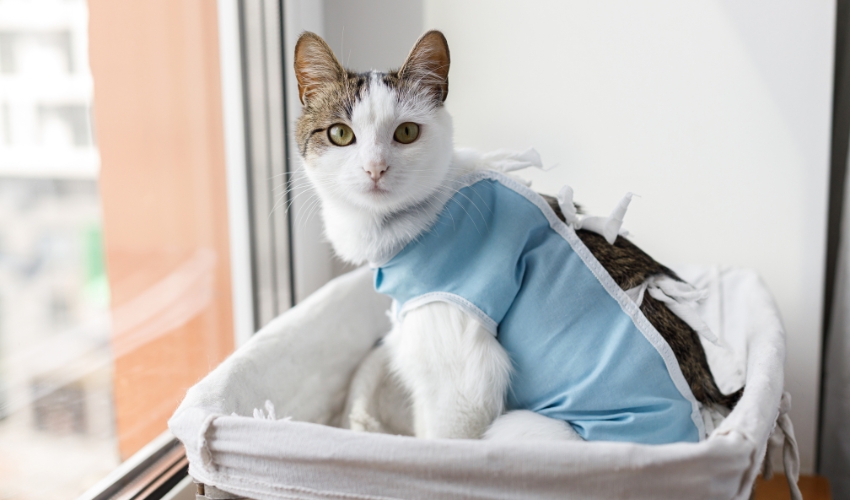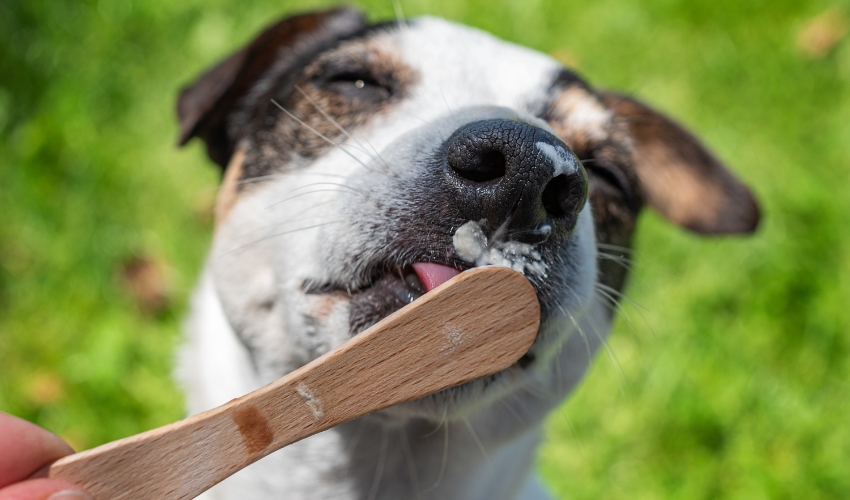
The spaying or neutering of pets is an important part of responsible pet ownership. While there are many misconceptions surrounding the medical procedures, there are only positive, life-long benefits to reap from having them done to your pet—health and behavioral benefits.
Additionally, there’s no need to worry about your pet’s recovery time because spaying or neutering requires very minimal downtime. If you’re concerned about cost, there are plenty of veterinary clinics that offer to do low-cost spay/neuter, others even do it for free! Still not convinced? Below are 8 more benefits of spaying and neutering your pet:
1. Neutered male pets have reduced health risks.
Since neutering involves the surgical removal of your pet’s testicles, it removes the possibility of testicular cancer and greatly reduces the risk of prostate enlargement, tumors, and infections down the line.

2. Spayed female pets live longer and are healthier.
Getting your female pet spayed significantly lowers their chances of developing breast cancer. Aside from that, it makes it medically impossible for them to get ovarian cancer, uterine cancer, and uterine infections, including pyometra, which is a kind of uterine infection caused by bacteria. Many intact female dogs acquire it by the age of 10 and it can be very costly to treat.

3. Neutered male pets are less likely to roam away from home.
One of the main reasons why intact male pets get that immense urge to run away sometimes is because of hormones—more specifically, testosterone. Once you get them neutered, their body will no longer produce testosterone, and therefore, make them less likely to become tempted to leave your property and put themselves at risk of getting hurt outside while trying to find a mate. It also minimizes their need to mark everything in sight with urine.

4. Spayed female pets no longer go into heat.
According the PetMD, intact female cats can go into heat for about 4 to 5 days every 3 weeks during mating season. That means days upon days of trying to catch the attention of male cats by yowling in the middle of the night and peeing almost everywhere.

5. Neutering male pets help curb bad behavior.
Neutered male cats and dogs are more focused on enjoying life with their human families and are less likely to show aggression or pick fights with other animals. This can help keep them from getting wounded in fights and acquiring certain diseases or skin infections from bites and scratches.

6. No, spaying or neutering won’t make your pet fat.
One reason why people are hesitant to spay or neuter their pets is because they believe it will lead to weight gain—and that simply isn’t true. Spaying or neutering may lower your pet’s energy levels, but it doesn’t make them fat. As long as you continue to exercise your pet regularly and feed them a healthy diet, they’ll stay fit and physically healthy.

7. Spaying or neutering your pet can help you save money.
By preventing certain diseases, spaying and neutering help keep your pet healthy and out of the animal hospital. In addition to that, it prevents unwanted pregnancy that will lead to you having to pay for the care and veterinary needs of a litter of kittens or puppies.

8. Spaying or neutering helps fight animal homelessness.
Due to pet overpopulation, over 1.5 animals are being euthanized in shelters every year. The sad part is, many of those animals are put down simply because they weren’t able to find a forever home. If we don’t do our part in keeping the number of homeless pets down, more animals will suffer and die.

So, spaying and neutering doesn’t just benefit you and your pet, but it contributes to a much larger cause: making sure that resources cover the needs of as many homeless animals as possible and increase their chances of finding homes by making an effort to prevent overpopulation.











